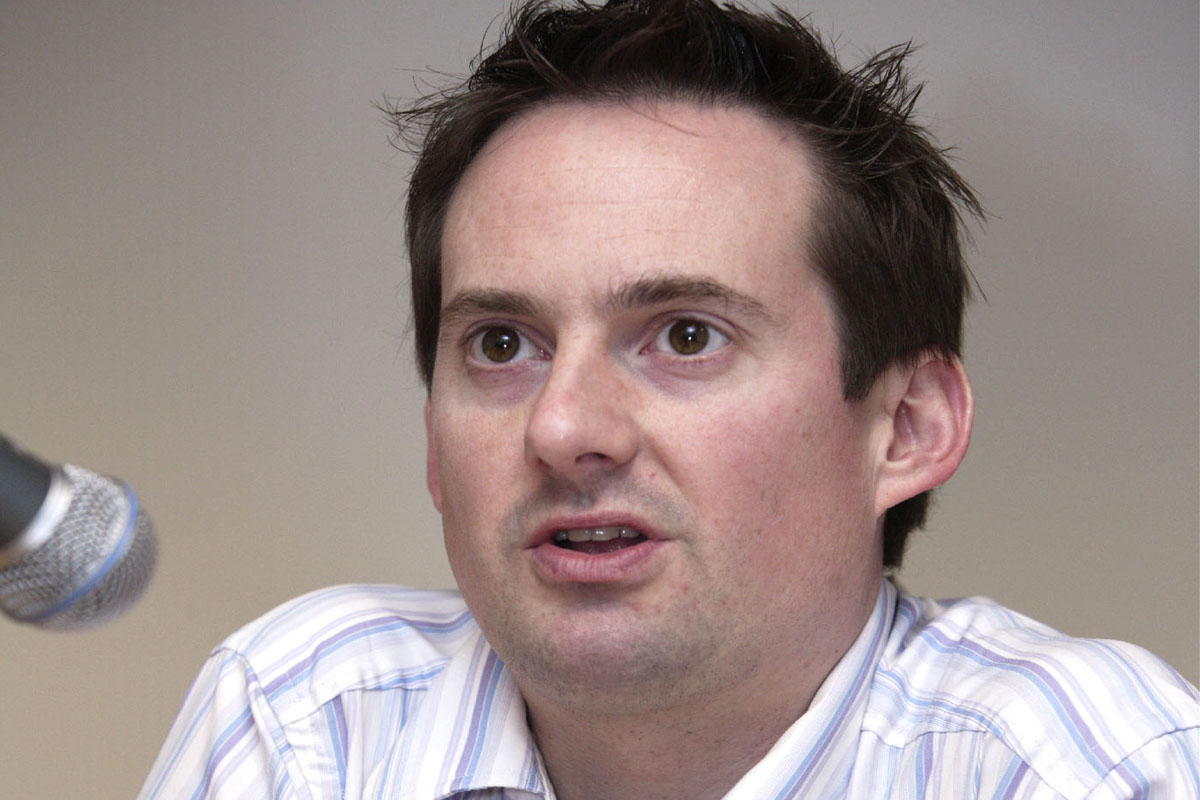Universal broadband coverage is still a technical challenge
Even without budget cuts, WiMax, satellite and mobile will struggle to bridge the digital divide.

For enterprises, this matters on two levels. Firstly, it affects their ability to roll out mobile applications to their employees, and forces them to have hybrid applications that work offline and online, with all the security and management issues that raises.
Perhaps more importantly, it limits the range of online services businesses and government bodies can offer their customers, and so makes it more difficult for them to cut costs. One French finance house, which has invested in an iPhone app, admitted that it really only sees any take up in "metropolitan" France Paris, in other words.
In the UK, geography might be less of an obstacle, but the public sector's appetite for pump priming investments in national broadband coverage certainly are, even allowing for the efforts of Ms Lane-Fox, whose work admittedly appears to be focusing more on social than physical barriers to going on line.
As for WiMax, IT PRO [a href="https://www.itpro.com/96729/wimax-in-the-uk" target="_blank"]has been tracking its development almost since our launch, but the idea of national coverage seems as elusive now, as it did in 2006.
Roll on 4G? Maybe I should invest in an LTE coverage map before my next holiday.
Sign up today and you will receive a free copy of our Future Focus 2025 report - the leading guidance on AI, cybersecurity and other IT challenges as per 700+ senior executives
-
 I couldn’t escape the iPhone 17 Pro this year – and it’s about time we redefined business phones
I couldn’t escape the iPhone 17 Pro this year – and it’s about time we redefined business phonesOpinion ITPro is back on smartphone reviews, as they grow more and more intertwined with our work-life balance
-
 When everything connects, everything’s at risk
When everything connects, everything’s at riskIndustry Insights Growing IoT complexity demands dynamic, automated security for visibility, compliance, and resilience